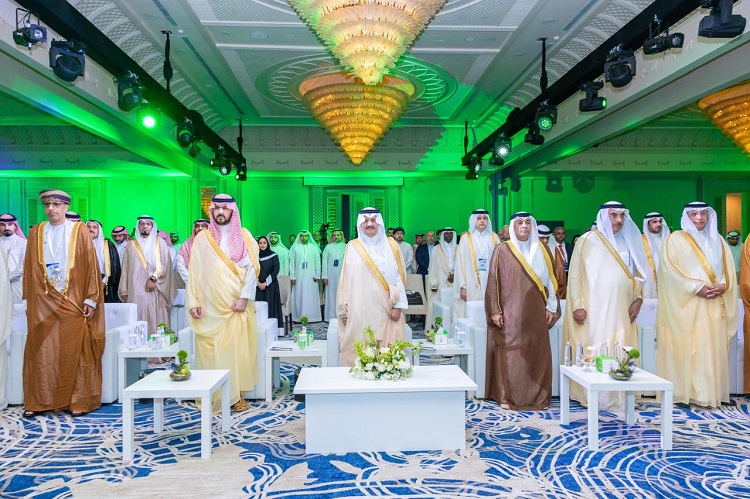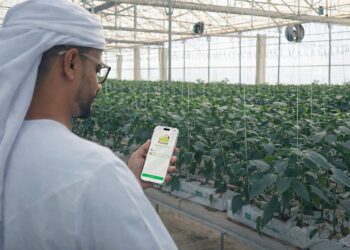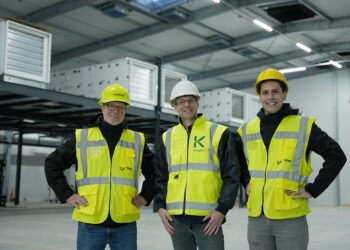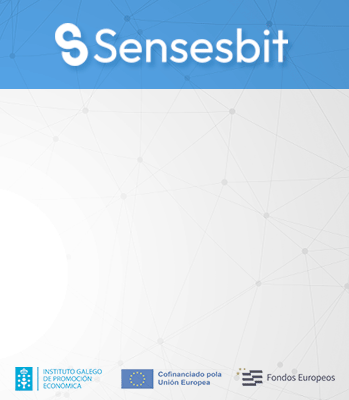The two-day ‘Powering the Future Toward Net Zero’ forum, organized by the Gulf Cooperation Council Interconnection Authority (GCCIA) in collaboration with the Electric Power Research Institute (EPRI), GO15, and Med-TSO, concluded (Monday, 28 October 2024) in Al Khobar in Saudi Arabia.
Held under the patronage of HRH Prince Saud bin Nayef bin Abdulaziz, Governor of the Eastern Province of Saudi Arabia, in presence of HRH Prince Saud bin Bandar bin Abdulaziz, Deputy Governor of the Eastern Province, the forum brought together key stakeholders from the global energy sector to address the future of the energy industry.
HRH Prince Saud bin Nayef and HRH Prince Saud bin Bandar received a commemorative trophy during the forum as a token of appreciation for their pioneering role in securing a sustainable future for generations to come. This recognition reflects the shared commitment across the Gulf region to collaborative efforts in achieving sustainability goals and reinforcing energy resilience.
Opening Speeches and Sponsor Recognition
Opened on October 27 with a welcoming speech from Engineer Jasem Mohamed AlBudaiwi, Secretary-General of the Gulf Cooperation Council, who emphasized the pivotal role of the Gulf states in advancing sustainable energy solutions, the forum also witnessed remarks from Engineer Yaqub Al Kiyumi, Vice Chairman of the Board of Directors at GCCIA, who stressed the importance of strategic collaborations and regional interconnections in achieving energy security and sustainability goals.
HE Jim Sindle, Consul General of the U.S. Embassy in KSA, also addressed the forum, focusing on the longstanding energy partnership between the GCC and the United States. A short film was presented to highlight GCC-US relations and the power sector’s outlook.
Speaking at the conclusion of the event, Eng. Ahmed Al Ebrahim, CEO of GCCIA, remarked, “This forum has reaffirmed the Gulf region’s commitment to sustainability and collaboration. The insights gained and partnerships established here will significantly contribute to the region’s efforts to lead in the global journey toward net-zero.”
Eng. Ahmed Al Ebrahim added: “The forum’s focus on technology, market dynamics, and policy frameworks will definitely pave the way for actionable strategies that align with the Gulf’s vision of a sustainable energy future. We firmly believe that the key outcomes, partnerships, and commitments will set the stage for ongoing efforts to achieve a net-zero energy system.”
Day One Sessions and Key MoUs
The first panel, titled Power Sector Policy for Achieving Net Zero’, was moderated by Neva Espinoza, Senior Vice President at EPRI. Speakers included HE Engineer Khalid Almehaid, Undersecretary for Sustainability & Climate Change at the KSA Ministry of Energy; HE Tariq Hamane, CEO of Morocco’s ONEE; and HE Engineer Ahmed Al Kaabi, Assistant Undersecretary for Electricity, Water and Future Energy at the UAE Ministry of Energy. Discussions focused on policy frameworks essential for advancing net-zero goals.
HRH Prince Saud bin Nayef and HRH Prince Saud bin Bandar honored the forum’s sponsors. Hitachi Energy was recognized as the Platinum Sponsor, Omexom as the Diamond Sponsor, Midal Cables as the Gold Sponsor, GE Vernova as the Silver Sponsor, and Allegro Project Company as the Bronze Sponsor.
Two significant Memorandums of Understanding (MoUs) were signed on the first day. A MoU between GO15 and EPRI marked a key step toward collaborative advancements in grid resilience and sustainable energy solutions. This partnership aims to drive innovation and strengthen power systems across regions. Additionally, the GCCIA signed an MoU with Onaizah Colleges, fostering collaboration in research, training, and skill development within the energy sector to empower the next generation of energy leaders in the Gulf region.
Day Two Highlights and Technical Sessions
The second day of the forum, October 28, focused on ‘Crucial Technical Pillars of Energy Transition’. Discussions delved into the complexities of variability challenges, solutions for flexibility, market reforms, and the pivotal role of advanced technologies.
A panel session on ‘Variability Challenges and Flexibility Solutions’ explored strategies to address the challenges posed by energy variability and discussed solutions to enhance grid flexibility. Carlos Gascó Travesedo, Executive Director of the Department of Energy, Abu Dhabi, and Dr. Lumi Adisa, Director of Energy Systems at NEOM, presented key insights into the evolving energy landscape.
Another panel session titled ‘Grid Planning and Operation for a Net-Zero Grid’, was moderated by Dr. Aidan Tuohy, Director at EPRI. The session focused on integrating renewable energy sources, optimizing grid flexibility, and implementing advanced technologies. Speakers included Eng. Aisha Almohammadi, Head of Transmission Network Planning at Kahramaa, Qatar, and Omar Al Ameri from EWEC, Abu Dhabi.
In addition, several technology highlights were presented, showcasing innovations by Omexom and Midal Cables that support grid efficiency and enhance power quality.
The day also featured a panel session on Grid-Enhancing Technologies and another panel session titled ‘AI in the Power Sector’, where experts discussed the role of digitalization and artificial intelligence in improving grid resilience and efficiency. Speakers included Dr. Vera Silva, Chief Strategy and Technology Officer at GE Vernova, and Dr. Sankara Subramanian from Saft who provided valuable insights on emerging technologies.
Significance of the Forum and Future Impact
Throughout the two days, the forum emphasized the importance of regional and global collaboration in addressing the challenges of the energy transition. It provided a platform for key players to exchange knowledge, explore innovative solutions, and strengthen partnerships aimed at creating a resilient and carbon-neutral energy system.
In his closing remarks, Eng. Ahmed Al Ebrahim emphasized the importance of deepening international cooperation between power companies and research institutions to find solutions and develop innovative technologies for the electricity grids of the future, focused on renewable and clean energy to achieve net-zero goals.
He also praised the ongoing collaboration and partnership between GCCIA and EPRI, highlighting key initiatives such as the launch of the EPRI Gulf Research Institute and GCCIA’s membership on EPRI’s Board of Directors. This reflects the international organization’s focus on the Gulf region’s promising development and its significance in enriching scientific research and innovation. These efforts aim to achieve advanced technologies that serve the region, support the establishment of new technology industries for Gulf networks, and potentially allow for the future export of these technologies.






















